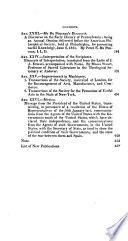 | Jared Sparks, Edward Everett, James Russell Lowell, Henry Cabot Lodge - American fiction - 1822 - 488 pages
...circumstance that confirms the intellectual inferiority of the blacks. ' Misery,' he beautifully observes, ' is often the parent of the most affecting touches...blacks is misery enough, God knows, but no poetry.'* Were the poets among us as miserable as their works, there would be some hope. We are therefore quite... | |
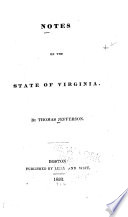 | Thomas Jefferson - Tobacco - 1832 - 296 pages
...complicated harmony, is yet to be proved. Misery is often the parent of the most affecting touches in poetry. Among the blacks is misery enough, God knows, but no poetry. Love is the peculiar osstrum of the poet. Their love is ardent, but it kindles the senses only, not... | |
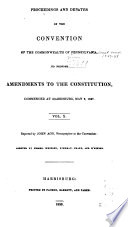 | Pennsylvania. Constitutional Convention - Constitutional conventions - 1838 - 360 pages
...could I find a black that had uttered a thought above \he level of plain narration. Misery is oi'.en the parent of the most affecting touches of poetry....blacks is misery enough, God knows, but no poetry. The improvements of the black,-, in body :md mind, in the first instance of their mixture with the... | |
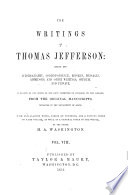 | Thomas Jefferson - United States - 1854 - 634 pages
...complicated harmony, is yet to be proved. Misery is often the parent of the most afl'ecting touches in poetry. Among the blacks is misery enough, God knows, but no poetry. Love is the peculiar oestrum of the poet. Their love is ardent, but it kindles the senses only, not... | |
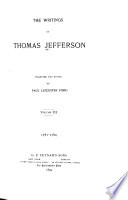 | Thomas Jefferson - United States - 1894 - 634 pages
...complicated harmony, is yet to be proved. Misery is often the parent of the most affecting touches in poetry. — Among the blacks is misery enough, God knows, but no poetry. Love is the peculiar oestrum of the poet. Their love is ardent, but it kindles the senses only, not... | |
 | Thomas Jefferson - Statesmen - 1905 - 334 pages
...complicated harmony, is yet to be proved. Misery is often the parent of the most affecting touches in poetry. Among the blacks is misery enough, God knows, but no poetry. Love is the peculiar oestrum of the poet. Their love is ardent, but it kindles the senses only, not... | |
 | Electronic journals - 1909 - 808 pages
...(1782), p. 257, Jefferson said : — " Misery is often the parent of the most affecting touches in poetry. — Among the blacks is misery enough, God knows, but no poetry. Love is the peculiar oestrum of the poet. Their love is ardent, but it kindles the senses only, not... | |
 | Albert Bushnell Hart - United States - 1901 - 706 pages
...complicated harmony, is yet to be proved. Misery is often the parent of the most affecting touches in poetry. — Among the blacks is misery enough, God knows, but no poetry. . . . The improvement of the blacks in body and mind, in the first instance of their mixture with the... | |
 | Francis Wrigley Hirst - Jefferson, Thomas, 1743-1826 - 1926 - 654 pages
...complicated harmony is yet to be proved. Misery is often the parent of the most affecting touches in poetry. Among the blacks is misery enough, God knows, but no poetry." As for negro writers like Phyllis Whately or Ignatius Sancho, the best of their race, they must be... | |
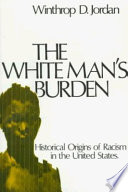 | Winthrop D. Jordan - History - 1974 - 260 pages
...environmentalist logic into anti-Negro shape. "Misery is often the parent of the most affecting touches in poetry.— Among the blacks is misery enough, God knows, but no poetry. Love is the peculiar oestrum of the poet. Their love is ardent, but it kindles the sense only, not... | |
| |